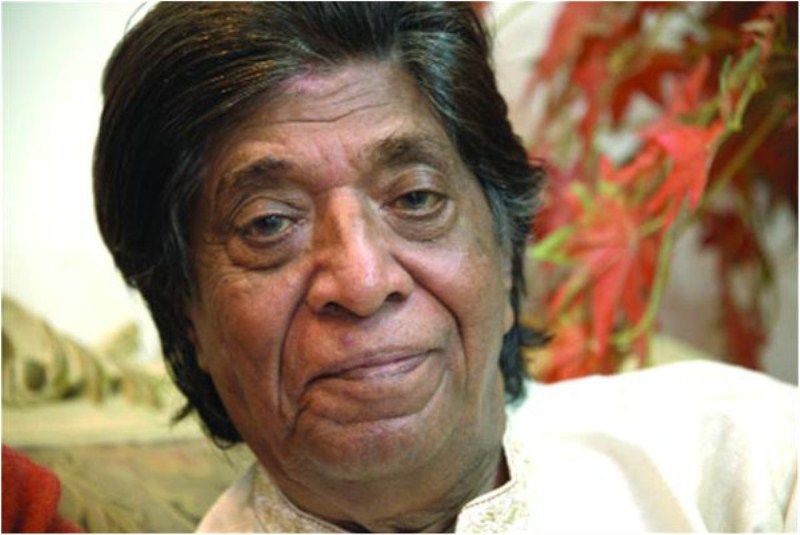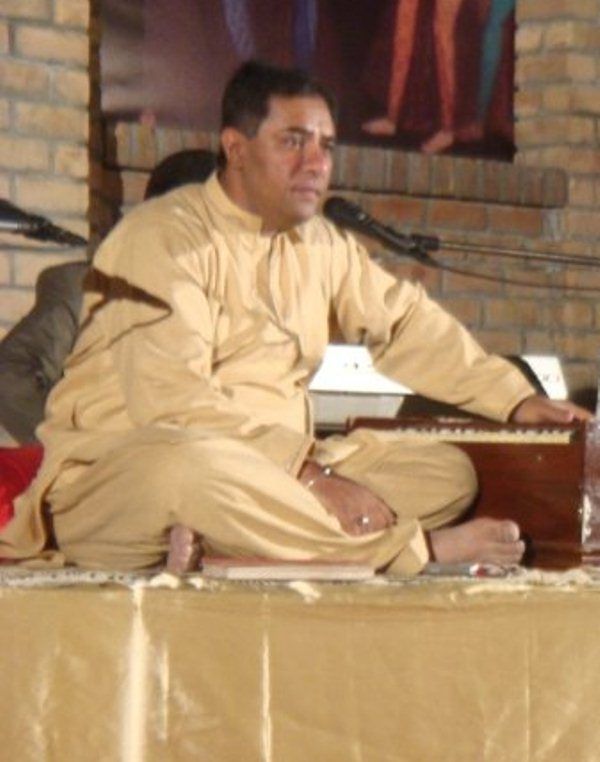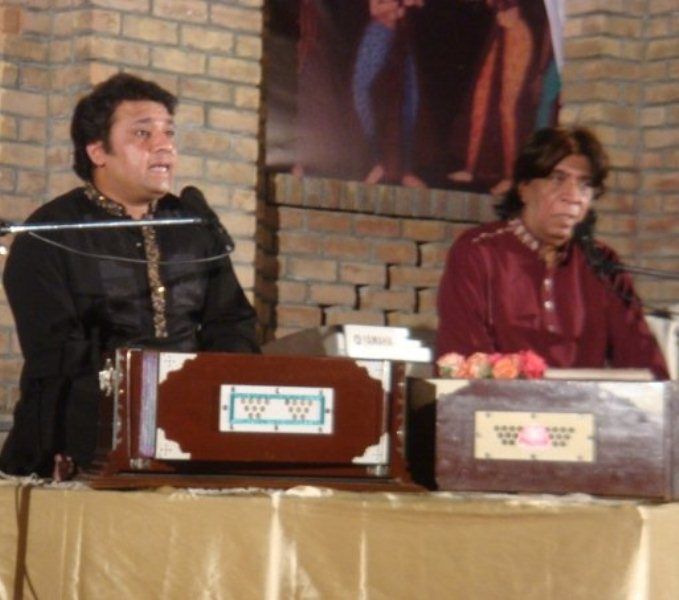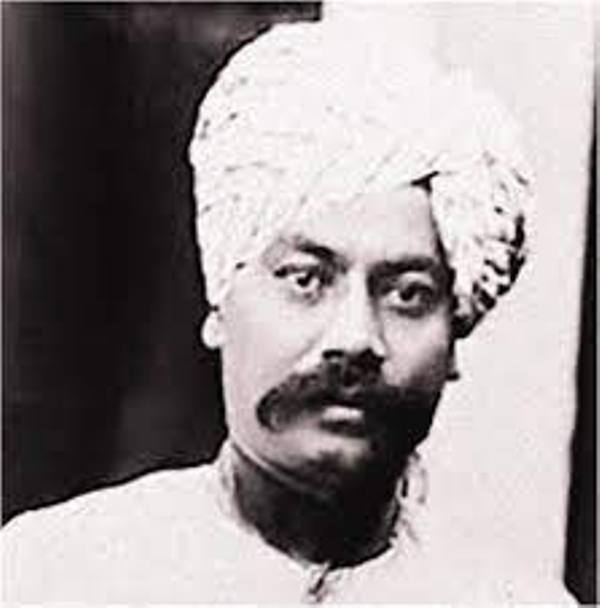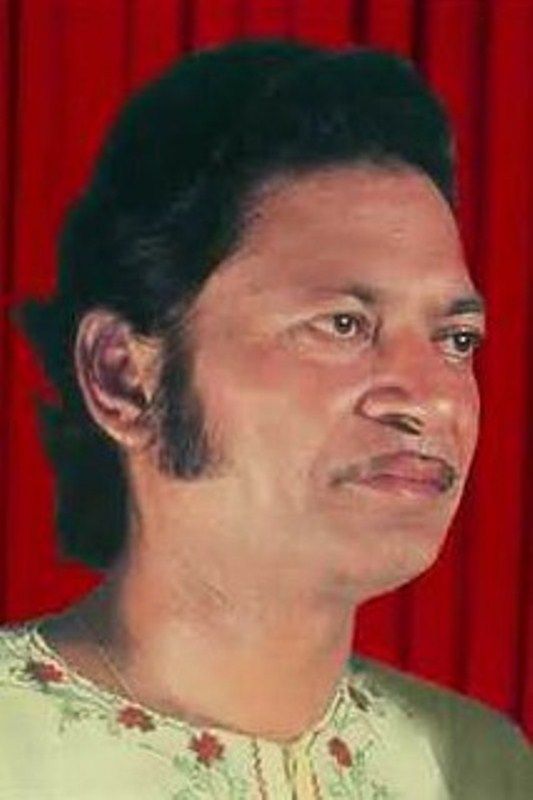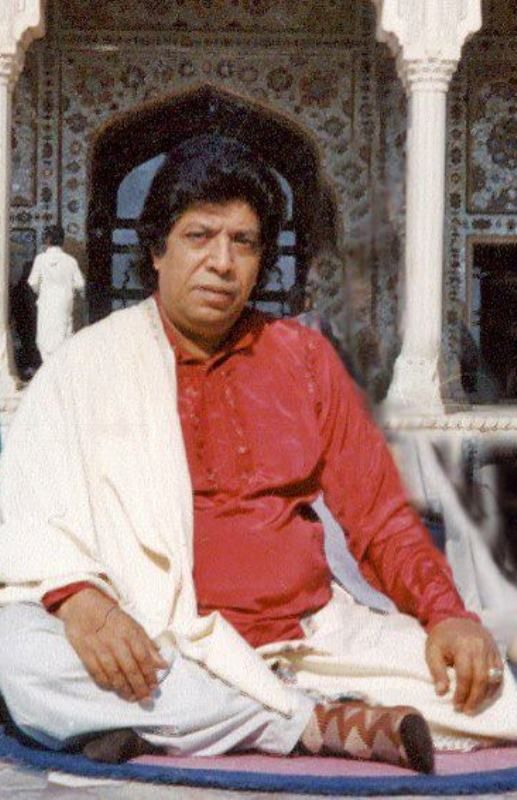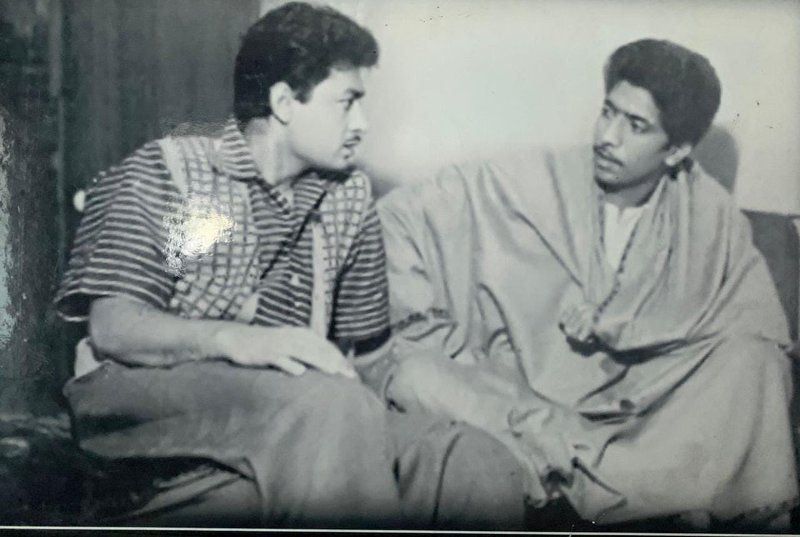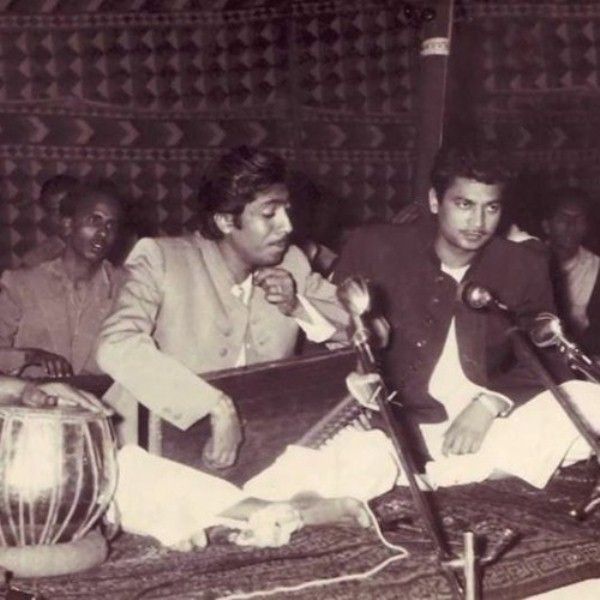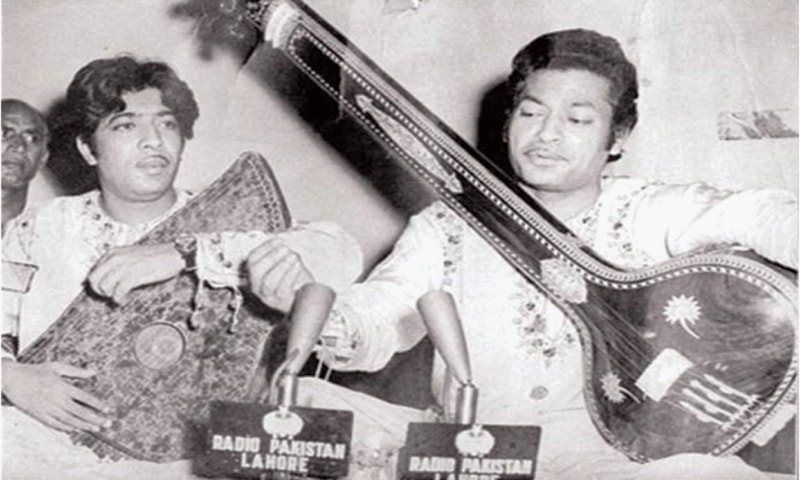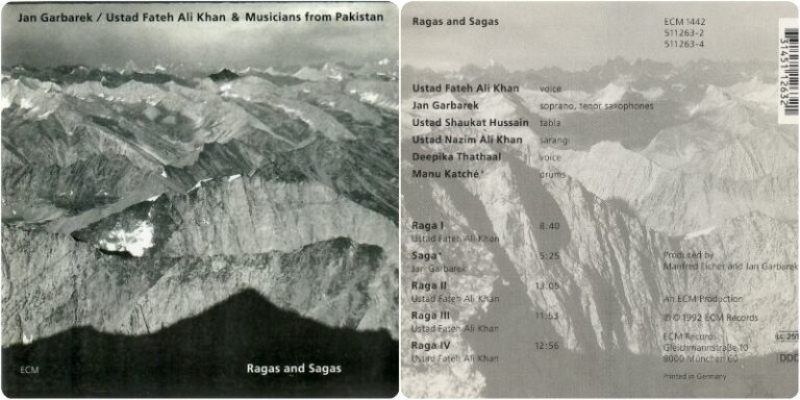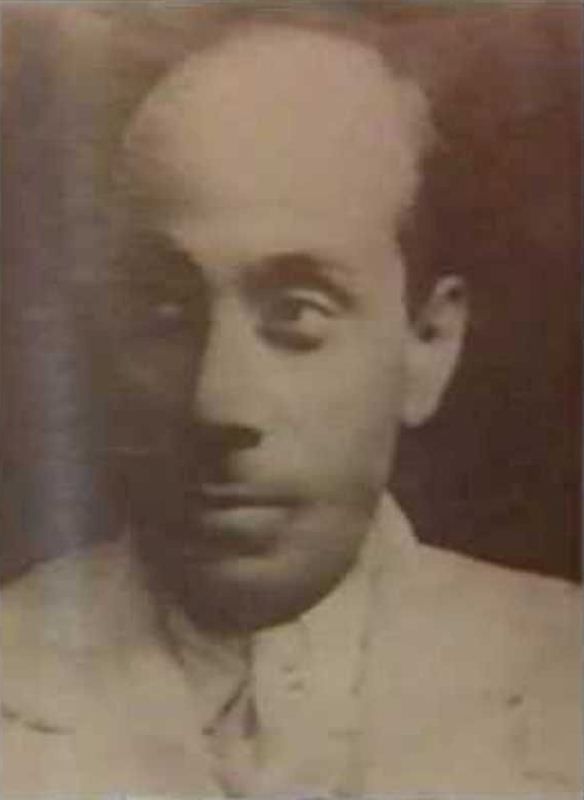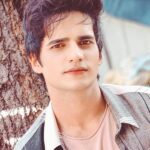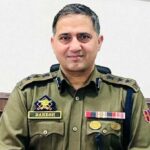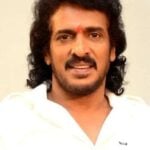Ustad Bade Fateh Ali Khan Age, Death, Family, Biography & More
Quick Info→
Religion: Islam
Age: 82 Years
Death Date: 04/01/2017
Some Lesser Known Facts About Ustad Bade Fateh Ali Khan
- Ustad Bade Fateh Ali Khan was a Pakistani vocalist known for singing Khayal, thumri, and ghazal. He was among the fifth generation of Patiala Gharana who used to perform traditional and classical Hindustani music.
- He was named after his grandfather’s friend ‘Colonel’ Fateh Ali Khan. His grandfather, Ustad Ali Baksh Jarnail Khan and ‘Colonel’ Fateh Ali Khan were singing partners.
- After the partition of India in 1947, Ustad Bade Fateh Ali Khan migrated to Pakistan with his family at the age of 12 years.
- He was the younger brother and the lifetime singing partner of the famous classical singer Ustad Amanat Ali Khan.
- He learnt music from his father, Ustad Ali Baksh Khan, who was a renowned vocalist under the patronage of the Maharaja of Patiala, and his elder brother, Ustad Amanat Ali Khan, who was a famous vocalist and ghazal singer.
- He started singing and recording music along with his elder brother, Ustad Amanat Ali Khan, at a very young age. He was 9 years old when he started performing in the court of Maharaja of Patiala Yadavinder Singh along with his elder brother.
- Apart from classical genres, he was also trained in the medieval genre Dhrupad.
- According to the tradition of singing in Patiala Gharana, the singers usually sing in duets in which one sings in upper notes and the other in lower notes. Among the duet of Fateh Ali and Amanat Ali, Fateh Ali, who had proficiency over ragas, used to sing in lower notes, whereas Amanat Ali, who had a good command over sur, used to sing in upper notes.
- The duo of Fateh Ali and Amanat Ali performed for the first time on stage for a mass audience at a concert in 1945, which was sponsored by the influential music aesthete Pandit Jeevanlal Matoo. In the concert, the duo performed the raga Puriya Dhanasri, and the asthai “Sultan e Alam Nizamuddin Auliya.”
- In 1949, their performance at the All Bengal Music Conference in Kolkata proved to be a breakthrough for the duo after which they went on an extensive tour of South Asia as the representative of Patiala Gharana.
- By the decade of 1950-1960, the duo gained immense popularity and had become a household name. The duo recorded various songs for PTV and Radio Pakistan and also performed in various countries during that decade.
- In 1974, Ustad Fateh Ali Khan went into depression and stopped singing after the unexpected death of his elder brother Ustad Amanat Ali Khan. However, he resumed singing after 2 years and joined his younger brother, Hamid Ali Khan, and his nephew, Asad Amanat Ali Khan. [1]Dawn
- In 1992, Ustad Fateh Ali Khan released a CD titled ‘Ragas and Sagas’ for which he collaborated with Norwegian saxophonist Jan Garbarek.
- In 2001, a private performance of Ustad Bade Fateh Ali Khan was arranged by French diplomats for King Zahir Shah in Kabul, which was liberated from the Taliban at that time. In an interview, while talking about this, the singer revealed that while he was performing, there were loud thuds, which made him anxious, and when he told this to the King, he said,
Aap Darbari gaiay, bomb to girtay rehtay hein” (You start singing Raga Darbari, bombs do go off around here). [2]The Wire
- Ustad Bade Fateh Ali Khan was inspired by the singing style of Ustad Ashiq Khan and used to address him as “Taya.” Ustad Ashiq Khan was the son of ‘Colonel’ Fateh Ali Khan, who was the friend and singing partner of Fateh Ali’s grandfather, Ustad Ali Baksh Jarnail Khan. [3]The Wire
- The signature raga of the Patiala Gharana ‘Ram Saakh’ was the favourite raga of the duo of Amanat Ali and Fateh Ali Khan.
- The thumri “Kab Aaoge Tum Aaoge” from the album ‘Raag Se Ghazal Tak’ is regarded as an all-time classic of the duo of Amanat Ali Khan and Fateh Ali Khan.
- Ustad Bade Fateh Ali Khan has taught students from all over the world among which some of his most notable disciples include ‘Deeyah,’ an Emmy award-winning filmmaker, the famous Nohakhawan ‘Haider Rizvi Alhussaini,’ and popular vocalist of Afghanistan ‘Ahmad Wali.’ Ustad Bade Fateh Ali Khan was so impressed by Ahmad Wali that he renamed Wali after his own name and changed his name to ‘Ahmad Wali Fateh Ali Khan.’
- In an interview, he was asked about the happiest moment of his life to which he replied,
when I used to sing with my brother Amanat Ali Khan!” [4]Dawn
- The renowned music expert Daud Rahbar called him ‘the contemporary Taan Kaptan (the dean of tanas).’
- Ustad Bade Fateh Ali Khan took his last breath on 4 January 2017 in Islamabad. He died at the age of 82 after suffering from a lung disease for which he had been undergoing treatment since 2016. Before his death, he was admitted to the Pakistan Institute of Medical Sciences (PIMS) for 10 days.
- After the death of Ustad Bade Fateh Ali Khan, he was buried in the Mominpura Graveyard in Lahore, Pakistan, where his elder brother Ustad Amanat Ali Khan and his nephew Asad Amanat Ali Khan were buried.
- In honour and remembrance of the Ustad Bade Fateh Ali Khan, the Arts Council of Pakistan organised a tribute event on 2 March 2017. [5]Arts Council of Pakistan Karachi
- After the death of Ustad Bade Fateh Ali Khan, his ancestral home was turned into a music school. [6]Dawn
References/Sources:

